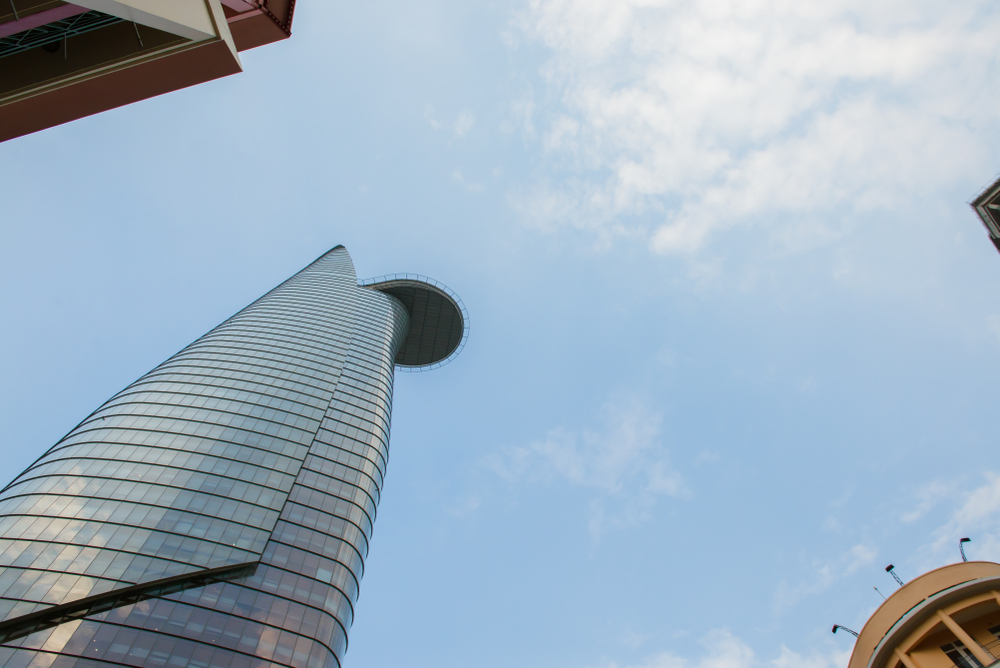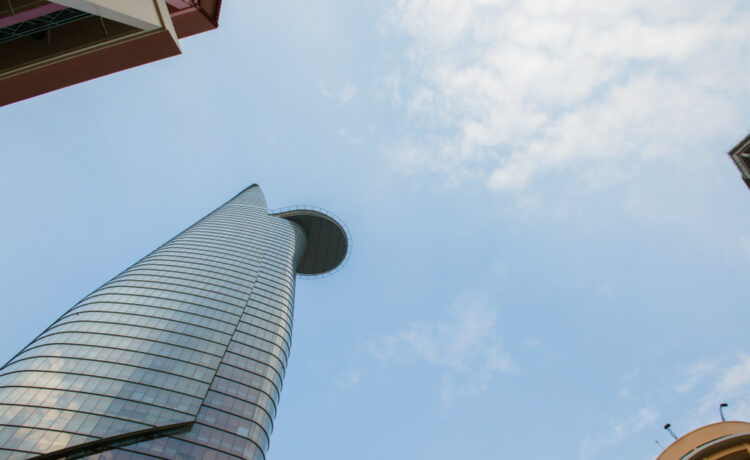Vietnam’s property scene has experienced its most traumatic period with corruption scandals sending the market into freefall. But experts are predicting light at the end of the tunnel

Inside an old yellow courthouse in Vietnam last month, a trial like no other was playing out. The room was heavy with drama as defendants, lawyers, guards, and other officials jostled for space on the benches and aisles and bore witness to history.
At the centre of it was a 67-year-old property tycoon, Truong My Lan, who had been accused of perpetrating the biggest fraud in the country’s history. When the verdict came in, she was found guilty of fraud to the tune of USD12.5 billion and sentenced to death.
Truong was the biggest fish caught in an 11-year anti-corruption campaign called Blazing Furnace. Others included hundreds of officials, cabinet ministers, presidents, and two deputy prime ministers.
The arrests and convictions sent the intended message to the public that corruption will not be tolerated. But while that might be good for politics, it’s been less helpful for business, sending chills through the property market especially.
Vietnam’s problems with the property market began before the pandemic when developers began expanding aggressively, using local banks and bond markets to drive growth.
The sector began to draw concerns as developers with a stock market overlap created a risk of contagion. Questions were also being raised over whether lenders were overleveraged and at risk of going bust in the event of a downturn.

When Truong was arrested last year, the extent to which the property sector was fuelling the economy was laid bare as a run was triggered on the Saigon Commercial Bank, prompting the central bank to step in.
Investors couldn’t sell their bonds fast enough and hundreds of small developers were imperilled along with thousands of projects. Buyer demand plummeted as people pondered whether the house they wanted would be built as promised.
Thien Duong, general director of the architect company GSA Studio, says he has seen enquiries and sales drop drastically.
A turnaround in the real estate sector is anticipated later this year and next, bolstering domestic demand as investors and consumers regain confidence
Buyers, sellers, and developers are holding back, affecting property transactions and development projects,” Thien says.
In August last year, Vietinbank auctioned off more than 350 properties with a total value of USD337 million “because their borrowers could not pay for their debt,” says Ken Duong, CEO of Duong Global Business Consulting. Sacombank and BIDV bank were doing a similar thing, he adds.
“House prices dropped in all sectors of the market,” he says, prompting many brokerages to close especially in Ho Chi Minh City—where apartments saw an average drop of USD38,100—and Hanoi.

Business sentiment dented by the arrests in the anticorruption was one of the main reasons for the lower growth along with nervous bureaucrats taking a cautious approach to giving permits to any big business projects.
Some of the biggest companies hit by the crisis witnessed their shares hit the floor with drops of up to 80 percent.
The result was a landscape of empty buildings, shrouds of green netting, and abandoned building sites.
As a result, the country has missed its growth targets. Last year, it reached 5.05 percent, below the government target of 6.5 percent. In 2022, it was 8.02 percent.
This year, however, a slightly stronger economy offers some hope the property market could soon get better.
The World Bank said in an April report that it was seeing a recovery in exports and consumption while a “turnaround in the real estate sector is anticipated later this year and next, bolstering domestic demand as investors and consumers regain confidence.”
Among the reasons it cites is that “the bond market freeze appears to have eased.” That follows attempts by the government to reinvigorate the corporate bond market by granting a two-year extension in bond maturities, conditional on shareholder approval.

The World Bank added: “With the gradual recoveries of exports and the real estate market, domestic demand is set to firm up as investors and consumers regain confidence.”
The bank predicts the economy will grow to 5.5 percent in 2024 and six percent in 2025.
Thien still believes there’s reluctance among officials to grant permits but those with land already are in a strong position. He believes the next couple of years will see the market readjust with only the “cream of the crop” able to survive.
Some of those he points to that are faring well are developers like Masterise Homes, which is developing an eight-hectare project with more than 200 townhouses in Thuy Nguyen District, Hai Phong City. Also promising are projects like The Ritz Carlton Residences in Hanoi, and Tokyu Garden City, a township development in Binh Duong City, about an hour’s drive from HCMC.
Other projects that analysts are looking out for are Lumiere Evergreen and The Sola Park in Hanoi, Golden Crown in Hai Phong, and Hal Long Marina in Quang Ninh province.
Hang Dang, managing director of CBRE Vietnam, says the condominium sector is showing the most signs of promise at the moment, especially in Hanoi, after the boom in landed property in 2021 and 2022.
“Active sales and booking activities for condominium projects in Hanoi have been observed since the end of Q1 2024. By the end of Q2 2024, we expect the total new supply within the first half of 2024 to reach around 8,000 units in Hanoi, almost double the level recorded in H1 2023.”
The total number of new condominium launches in Hanoi is expected to reach around 14,000 to 15,000 units in 2024, while that of HCMC is expected to reach around 8,000 units.
Experts know that after the turmoil the industry has experienced recovery will not be swift or sudden. But there is reason to hope that the worst of it might be over.
This article was originally published on asiarealestatesummit.com. Write to our editors at [email protected].

















